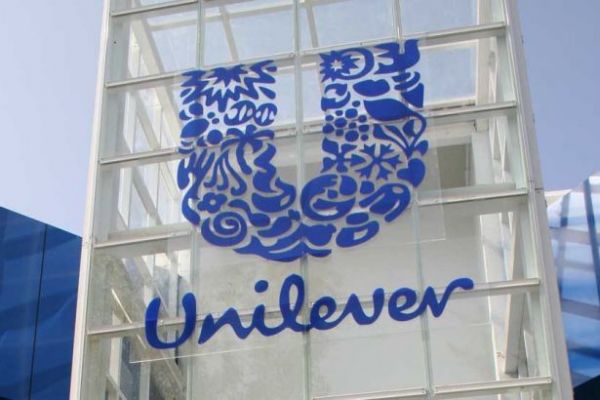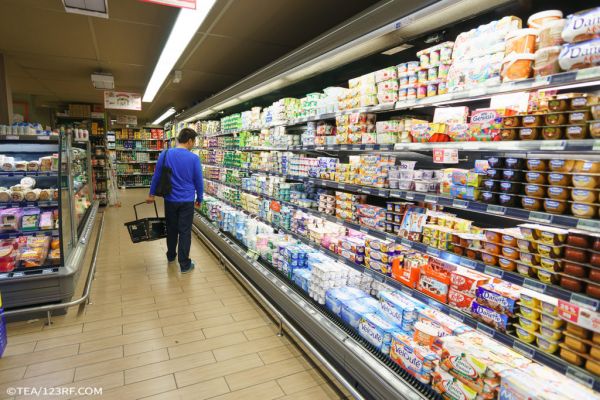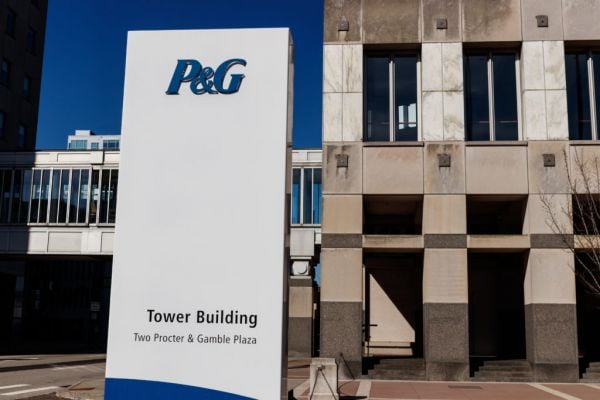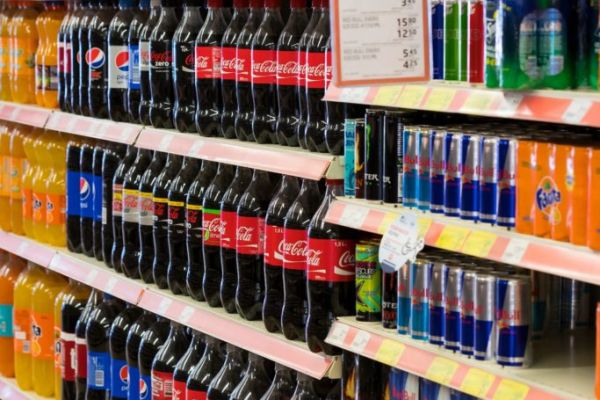Unilever's decision to focus more on volume growth at the expense of pricing may explain the 'lacklustre response' to the group's recently launched €6 billion share buyback scheme, according to stockbroking and pensions firm AJ Bell.
“At first glance Unilever’s first-quarter update reads well with underlying sales growth of 3.4% and the launch of a new €6 billion share buy back scheme,” commented Russ Mould, AJ Bell Investment Director.
“However, the shares are largely shrugging off the news and may instead be focusing on how Unilever is exchanging pricing power for volume growth, in a move which may suggest that 18 months after the fact, we are now finding out who was the winner in the spat between Tesco and Unilever over the price of Marmite – and it may not be Unilever."
Sales Growth
Mould noted that Unilever sales growth in the sector showed an interesting mix, with volumes rising 3.4% and prices rising 0.1%, which is a 'marked reversal' of Unilever's previous approach to drive sales through pricing.
According to AJ Bell, this shift commenced around the third quarter of 2016, when Tesco 'rebelled' over the price of Marmite, threatening to delist the product from its stores.
"It is noticeable that since then Unilever has throttled back on price increases to drive volumes," says Mould.
“That may be good news for shoppers and possibly for Tesco, although its implications for Unilever may be less immediately clear, despite the benefits of the additional volumes, as the real secret to Unilever’s high-teens operating margins (and boss Paul Polman is targeting 20% by 2020) is its brands and the pricing power that names such as Hellman’s, Persil, Liptons and Dove confer."
'On Track'
Last week, announcing Unilever's results for the first quarter of the year, chief executive Paul Polman said that the business expects "underlying sales growth in the 3%–5% range", as well as an improvement in underlying operating margin and cash flow that will keep the business "on track for our 2020 goals".
He added that a planned share buyback programme valued at €6 billion will commenced in May, to return the expected after-tax proceeds from the disposal of its spreads business, which is expected to be completed in mid-2018.
"We are raising the dividend by 8%, reflecting confidence in our outlook," Polman added.
AJ Bell's Mould said that should Unilever take its focus away from price, investors "may start to wonder about Unilever’s margin targets and the valuation attributed to the stock", with the company's shares trading on a big premium to the FTSE 100.
“That premium is merited owing to the high margins and returns on capital which come from the company’s brands and their pricing power – but that premium could be eroded, to the detriment of the share price, regardless of any share buyback activity, if investors start to fret that Unilever is losing some of its brand and price power," he noted.
“It is too early to tell now but this is a trend which investors will be watching closely from here onwards.”
© 2018 European Supermarket Magazine – your source for the latest retail news. Article by Stephen Wynne-Jones. Click subscribe to sign up to ESM: European Supermarket Magazine.














